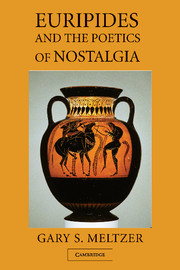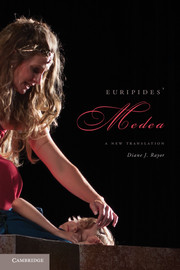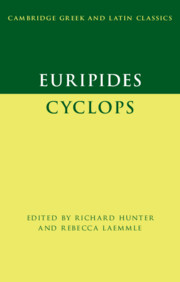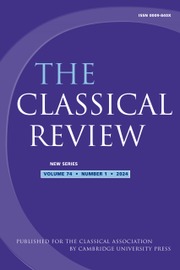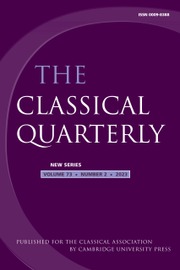Euripides and the Poetics of Nostalgia
Branded by critics from Aristophanes to Nietzsche as sophistic, iconoclastic, and sensationalistic, Euripides has long been held responsible for the demise of Greek tragedy. Despite this reputation, his drama has a fundamentally conservative character. It conveys nostalgia for an idealized age that still respected the gods and traditional codes of conduct. Using deconstructionist and feminist theory, this book investigates the theme of the lost voice of truth and justice in four Euripidean tragedies. The plays' unstable mix of longing for a transcendent voice of truth and skeptical analysis not only epitomizes the discursive practice of Euripides' era but also speaks to our postmodern condition. The book sheds new light on the source of the playwright's tragic power and enduring appeal, revealing the surprising relevance of his works for our own day.
- Sheds new light on a great classical playwright and the source of his tragic power and enduring appeal
- Brings to life the cultural, political, and intellectual context of late fifth-century BC Athens, a defining moment for Western culture
- Draws provocative parallels between the crises, wars, and culture wars of Euripides' era and our own
Reviews & endorsements
Review of the hardback: 'Although Euripidean dramas can be loaded with piercing scepticism and cynicism, they also express a yearning for moral codes of the heroic past, where the truth was unchangeable and transparent, and justice authorised by gods, as opposed to relativist truths gained by sophistic argumentation. … The writer parallels the Athenian situation with modern Western, especially American, change in social and cultural conduct, the war on terrorism and the rapidly emerging change from written book culture to the information age. … With its detailed bibliography and indexes, and quotations in original Greek with translations, this book is valuable for scholars of ancient drama as well as for those studying early philosophy.' De novis libris iudicia
Product details
September 2012Paperback
9781107407251
280 pages
229 × 152 × 16 mm
0.42kg
Available
Table of Contents
- 1. The 'Just Voice' and the 'Word of Truth': divine revelation or mythopoetic construct?
- 2. The 'Just Voice' as paradigmatic metaphor in the Hippolytus
- 3. The body's cry for justice in the Hecuba
- 4. The voice of Apollo and the 'Empire of Signs' in the Ion
- 5. 'Where is the glory of Troy?' Kleos in the Helen.

